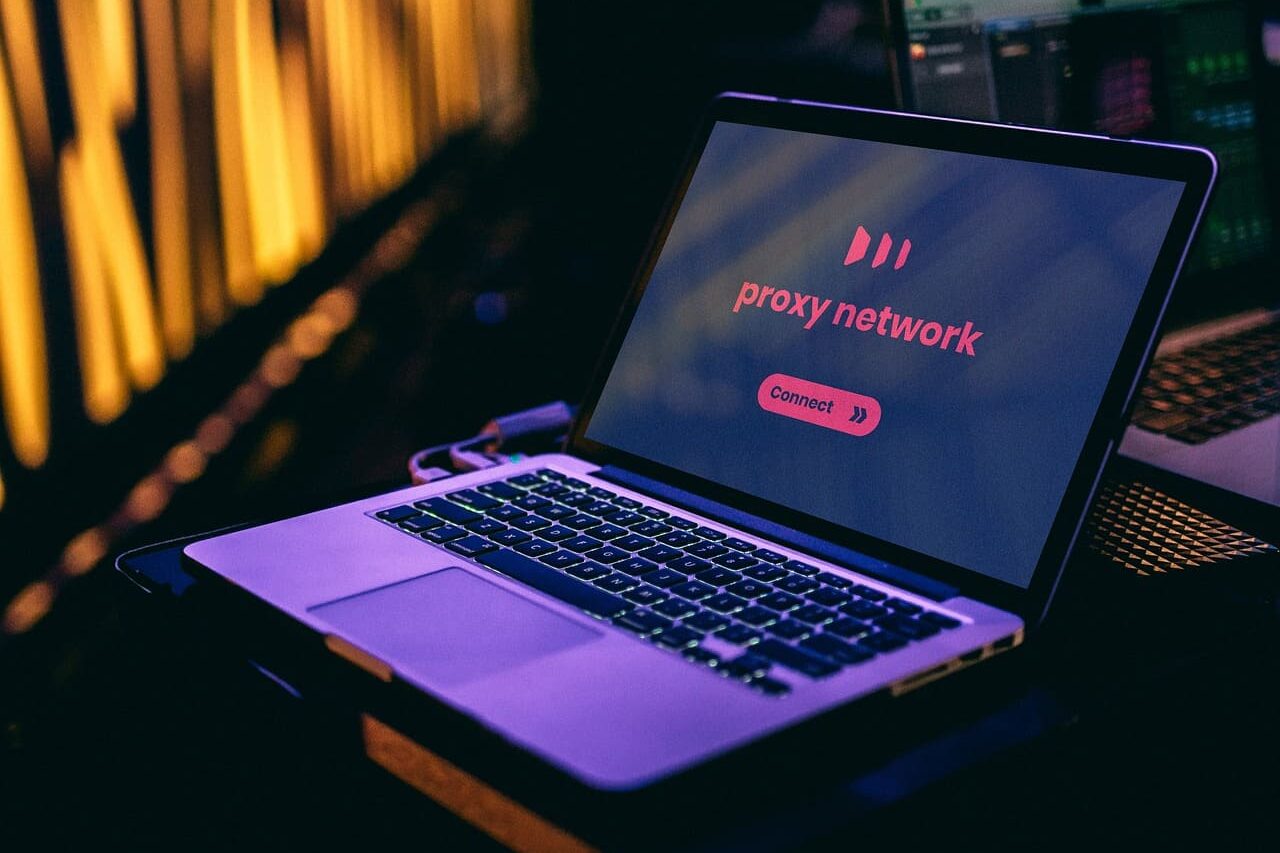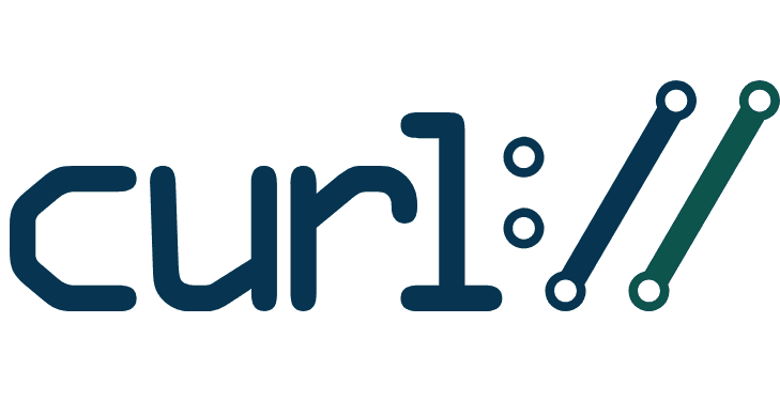
35% of Internet users actively use proxies or VPNs to bypass content blocks. This increases privacy protection. However, not all proxies and VPNs are equally useful and effective.
Choosing the right option for your needs is no easy task. One of the main parameters is the country where the server is located. Connection speeds vary by a factor of 10 or more in different locations, and the level of data protection ranges from complete anonymity to mandatory logging of all user actions. Let’s find out how to choose the best countries for proxies in 2025, based on an analysis of internet speed, legislation, and technical infrastructure.
Why is it important to consider geolocation when choosing a proxy?
The geolocation of a proxy server affects not only the technical parameters of the connection, but also the legal nuances of using the service. For example, proxy providers in the Five Eyes alliance countries (the US, UK, Canada, Australia, and New Zealand) are required to provide user data upon request from special services, while servers in Switzerland are protected by strict privacy laws.
When choosing a proxy, consider the distance to the target resource. If you want to access American websites, use an EU proxy or servers located directly in the US—the delay will be minimal. Choosing an unsuitable geolocation can reduce your speed by 5-10 times. In addition, you will not be able to access the resources you need.
Key criteria for choosing a country for a proxy
When choosing a proxy, provider, and country, you need to consider everything from technical parameters to legal and political nuances. Let’s look at the key criteria to pay attention to when searching for reliable countries for proxies.
Connection speed and stability
The two main criteria to consider are the speed and reliability of the internet in the selected country. According to the Speedtest Global Index 2025, the leaders in average fixed broadband speed are:
- Singapore – 372 Mbps;
- France – 315 Mbps;
- UAE – 314 Mbps.
However, high average speed does not always guarantee connection stability. It is important to consider the quality of the infrastructure and the availability of backup communication channels.
Distance plays a key role. The closer the major traffic exchange points (IXPs) are, the better. For example, DE-CIX, located in Frankfurt, handles over 14 Tbps of peak traffic. This makes Germany one of the fastest proxy server countries. The presence of powerful IXPs reduces latency (ping) and provides good bandwidth. This directly affects tasks such as video streaming, online gaming, or high-frequency trading. Countries with developed fiber optic infrastructure, such as South Korea, Japan, and the Netherlands, are distinguished by stable connections with minimal packet loss.
Blocking levels and service availability
One of the tasks of a proxy is to provide access to blocked content. But for this, the country you choose must not have any restrictions itself. When selecting a location, you can refer to Freedom House data.
The most free countries in terms of internet access are:
- Iceland – 94 points out of 100;
- Estonia – 92;
- Canada – 86.
These jurisdictions have minimal restrictions on access to content.
In Russia, many Western social networks and news resources are blocked, in Turkey, Twitter and YouTube are periodically blocked, and in India, access to some Chinese applications is restricted. Countries without such restrictions are optimal for working with proxies for social networks.
Some countries actively combat the use of proxies and VPNs: in the UAE, there are heavy fines for their use, and in China, only special “obfuscated” proxies work.
Legislation and confidentiality
The laws governing the non-disclosure of user data and the nuances of log storage vary significantly from country to country. Switzerland leads the way in terms of anonymity protection thanks to the Federal Act on Data Protection (FADP) and the absence of mandatory data storage for private companies. Articles 271 and 273 of the Swiss Criminal Code prohibit the unauthorized collection of evidence for foreign authorities, making this country’s proxies some of the most secure.
The European Union has the GDPR, which provides a high level of personal data protection. However, some EU countries have additional requirements: for example, in Germany, telecommunications companies are required to store metadata for 10 weeks. The US is a special case. Given that there is no federal law on anonymity, more than 20 states have adopted their own legislation on the protection of user privacy. If you need reliable proxies for search engines, choose jurisdictions where there are no strict logging requirements.

The fastest and most reliable countries for proxies in 2025
Based on a comprehensive analysis of internet speed, freedom, infrastructure, and legal aspects, we have identified fast proxy countries with minimal risk of blocking and maximum reliability.
Switzerland
Switzerland deservedly ranks first among the fastest countries for proxies due to a unique combination of factors. The average internet speed is 257 Mbps, and the country is not a member of any international intelligence-sharing alliances. Swiss privacy laws are considered a benchmark: there is no mandatory data retention, and access to user information is only possible with a Swiss court order. Its strategic location in the center of Europe ensures low latency when connecting to servers in the EU, US, and Asia.
Switzerland’s infrastructure is exceptionally reliable, with the country investing billions of francs in the development of fiber optic networks and data centers. The cost of server hosting is higher than the European average (from $200/month), but this is offset by premium service quality and legal guarantees. Swiss options are the best choice for corporate clients. Proxies are suitable for financial transactions and working with confidential information.
Netherlands
They offer the optimal balance between price, quality, and freedom. The state has become home to AMS-IX. This traffic exchange point is considered the second largest. It processes over 10 Tbit/s. The average traffic speed is over 200 Mbit/s, and fierce competition among providers ensures affordable hosting prices (from €60/month). The Netherlands is a member of the Nine Eyes alliance, but information security is at the highest level here. There is no mandatory log storage.
This country is suitable for those looking for good proxies for electronic payments. Liberal legislation allows you to freely work with content that may be restricted in other countries. At the same time, compliance with the GDPR guarantees the protection of personal data at the level of the entire European Union.
Iceland
Combines record internet freedom scores (94 points according to Freedom House) with impressive connection speeds of around 297 Mbps. Iceland’s unique advantage is that it uses 100% renewable energy to power its data centers, making local proxies environmentally friendly and resistant to energy crises.
The country is conveniently located between North America and Europe. This reduces latency in both directions:
- 18 ms to London;
- 36 ms to New York.
Icelandic proxies are ideal for tasks requiring maximum anonymity and freedom of access to information. The country is not part of any intelligence alliances, and its data protection laws are among the strictest. The only drawback is the relatively high cost of services due to the country’s remoteness and small local market.
Romania
Valued by those looking for countries with fast proxy connections at an affordable price. With an average speed of 254 Mbps, the country is among the top 15 global leaders in traffic speed. At the same time, the cost of hosting remains one of the lowest in Europe, with high-quality dedicated servers available from €40/month. Romania has no mandatory data retention law and offers free access to most Internet resources.
Local providers are known for their generous traffic limits, often offering 10-20 TB per month or even unlimited plans. If you are looking for a proxy for making money online, including traffic arbitrage, data parsing, and other resource-intensive tasks, Romania is a good choice. EU membership guarantees compliance with GDPR and free movement of data within Europe.
Singapore
It leads in internet speed with an impressive 372 Mbps and serves as a key technological hub for the Asia-Pacific region. Its state-of-the-art infrastructure includes numerous submarine cables connecting Asia to the rest of the world and the largest data centers in the region. Singapore proxies provide lightning-fast access to Asian resources with minimal latency—less than 10 ms for neighboring countries.
Despite some restrictions (around 100 blocked sites) and expanded government powers under FICA, Singapore remains attractive for business applications. Local data protection laws (PDPA) provide a reasonable balance between security and functionality. Singapore proxies are indispensable for working with Asian marketplaces, financial services, and local social networks.
Germany
It combines powerful technical infrastructure with strong data protection laws. DE-CIX in Frankfurt is the largest traffic exchange point in Europe. It processes over 14 Tbit/s. The average internet speed is around 130 Mbit/s, but the quality and stability of the connection compensate for the relatively low speed. German proxies are known for their reliability and are suitable for mission-critical business applications.
GDPR, combined with the Federal Data Protection Act (BDSG), ensures a high level of privacy. Although Germany is a member of the 14 Eyes alliance, constitutional guarantees of privacy limit the possibilities for surveillance. The availability of high-quality hosting from providers such as Hetzner (from €50/month) makes German proxies the optimal choice for a wide range of users.
Canada
Canada has a more liberal approach to privacy compared to the US. The average internet speed here reaches 145 Mbps, and the availability of servers from Vancouver to Toronto ensures connection stability.
The PIPEDA law protects personal data, although membership in Five Eyes imposes certain restrictions. The minimum retention period for customer information is 6 months, but there is no mandatory data localization. Hosting costs range from $70 to $300/month depending on the configuration and provider.
When choosing a proxy by country, it is important not to make a mistake. You can get comprehensive and reliable advice by contacting LTESocks managers.

Where to get proxies with the right geography: options and services
Providers offer various proxy options, from budget to expensive, premium ones. In some cases, there is no need to overpay for extra features, while in others, it is necessary to consider all the nuances, from speed to internet connection security. The final choice depends on the specifics of your tasks.
To begin with, it is recommended to study the list of available geographies from a potential provider. High-quality services offer proxies in 50+ countries with the option to select specific cities. Pay attention to the types of proxies:
Resident – provide maximum anonymity and minimal risk of blocking;
Server (data center) – characterized by high speed and stability;
Mobile devices are ideal for working with applications and services that are sensitive to the type of connection.
LTESocks specializes in providing high-quality mobile proxies covering major countries around the world. A unique feature of the service is the use of real 4G/5G connections, which ensures maximum reliability and minimal risk of detection. Corporate clients can purchase individual proxies with a dedicated pool of IP addresses and guaranteed bandwidth. Flexible pricing allows you to optimize costs for specific tasks.
How to check the reliability and speed of proxies from different countries?
Before you start working with proxy servers, it is critical to conduct comprehensive testing of their characteristics. The first step is to check the real location and type of IP address. To do this, you can use specialized services; you just need to figure out how to check the geolocation of proxies with their help. It is important to make sure that the declared country matches the actual one and that the IP is not blacklisted.
To evaluate speed, use bandwidth and latency measurement tools. Conduct tests at different times of the day, as the load on the servers can vary significantly. Optimal indicators: ping less than 100 ms for regional connections, download speed of at least 50 Mbps for comfortable work, packet loss of no more than 1%. Be sure to check the stability of the connection during prolonged use—high-quality proxies should maintain a connection without interruptions for at least 24 hours.
Anonymity testing includes checking for DNS leaks, WebRTC leaks, and determining the real IP address via JavaScript. Use services that check for data center affiliation—many sites block such IP addresses. For mobile proxies, IP address rotation is important—make sure that the change occurs correctly and that new addresses are not repeated too often. Document the test results to compare different providers and choose the optimal solution.
Conclusion: how to choose a country for a proxy that suits your needs?
The choice of a suitable country depends on your specific goals. If maximum confidentiality and data protection are important to you, choose Switzerland and Iceland with their strict privacy laws. If speed and access to Asian resources are your priority, Singapore is the best choice. For working with European services on a limited budget, Romania and the Netherlands are recommended. They offer a combination of high speed and affordable prices.
When choosing which countries to look for proxies in, consider not only technical parameters but also legal risks. Avoid Five Eyes alliance countries for confidential operations, but use them to access local content. Diversify your proxy infrastructure by using servers in different jurisdictions to increase reliability. Regularly monitor changes in the legislation and technical infrastructure of the selected countries.
The modern market offers options for all needs and budgets. Investing in high-quality proxies from the right jurisdictions pays off in increased efficiency, reduced risk of blocking, and protection of confidential data. Use our recommendations to select the best countries and providers, tailoring the solution to the specifics of your business or personal needs.









